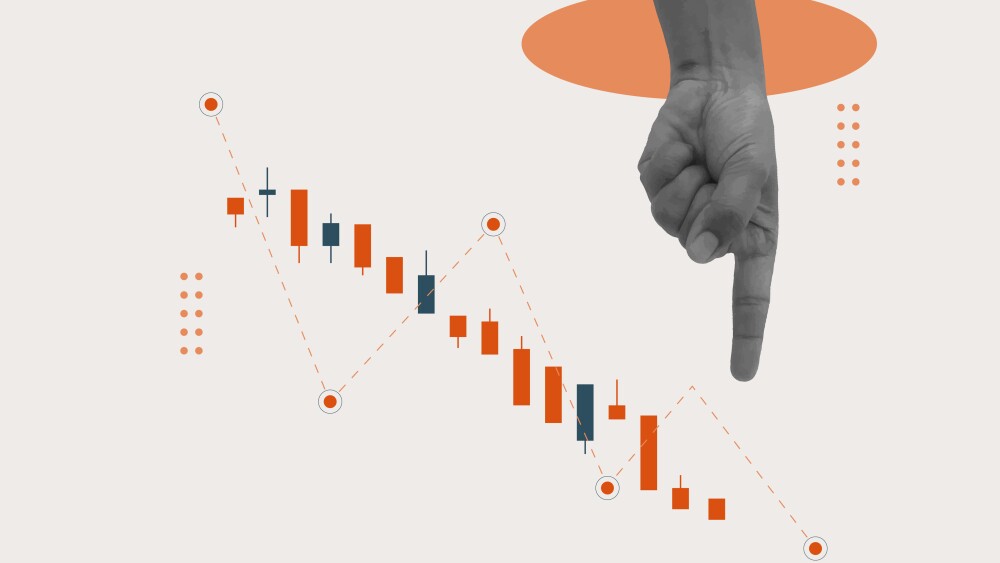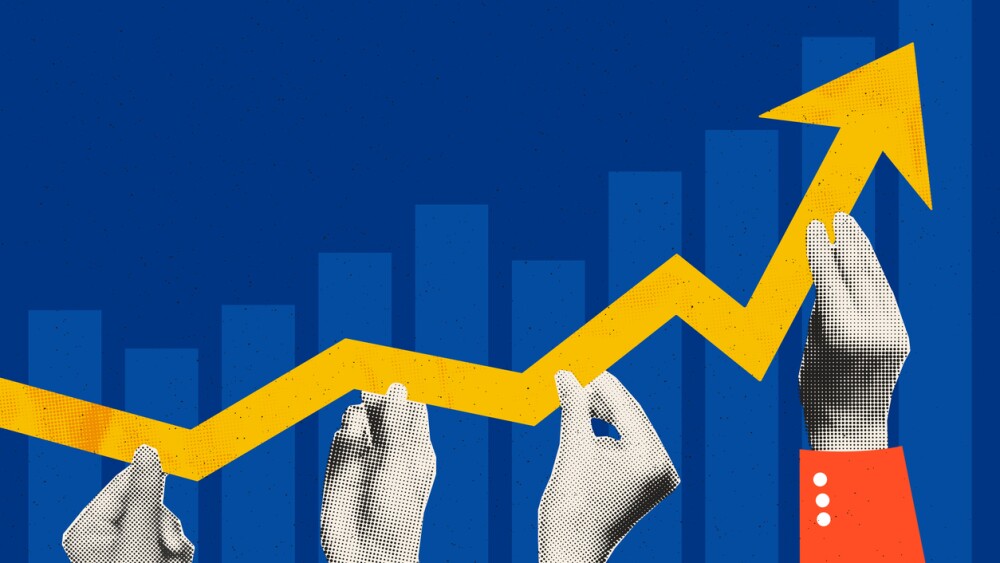Paris (France), May 30th, 2011 – DEINOVE (Alternext: ALDEI), the world's leading specialist in Deinococcus bacteria for
biofuels, green chemistry and antibiotics, today announced the receipt of a €1.6 million payment from Oseo (the
French state innovation agency). This corresponds to the second tranche of Oseo's financial support for the DEINOL
project (granted as part of the agency's Strategic Industrial Innovation programme) and takes the total amount
received by the company to just under €3 million. The payment was triggered by achievement of the first key R&D
milestone in the Deinol project - the selection of a robust, thermophilic Deinococcus base strain for use in the ethanol
production process.
“We are delighted to announce that the technical progress made within the DEINOL Project has been officially validated
by Oseo. Accordingly, the agency has paid us the second tranche of project funding. This will help us to finance the
project through to the next milestone - the launch of lab-scale pilot tests with the candidate strain, scheduled for 2012”,
commented CEO Jacques Biton. “In 18 months, we have been able to select our bacterial chassis - a robust, thermophilic
Deinococcus whose enzyme profile is now being engineered for optimal biomass digestion and ethanol production.”
The goal of the DEINOL project is to open up (by 2014) new pathways for cellulosic ("second-generation") ethanol
production by deinococci in existing industrial installations. The €21.4-million project will receive a total of €8.9 million
from Oseo. As project leader, Deinove will receive a total of €6 million. The other partners in the Deinove-led project
are Tereos (the European leader in ethanol production), its subsidiaries BENP Lillebonne and Syral (Europe's leading
producer of starch and sweeteners and one of the world's leading ethanol companies) and two academic labs (the joint
CNRS/University of Montpellier 1 laboratory CPBS and the joint INSA Toulouse/CNRS/INRA laboratory LISBP).
Deinove’s
approach is based on leveraging the exceptional biomass digestion capacities of bacteria from the genus Deinococcus.
The DEINOL project is divided in two major phases:
- The R&D phase (led by Deinove and its academic partners) runs from July 2010 to the end of 2012 and
comprises the following series of steps:
o selection of the best candidate Deinococcus strain.
o candidate strain optimization.
o process development in a lab-scale pilot.
- Once these milestones have been achieved, Tereos will then take over from Deinove and the academic
partners for the process industrialization phase. Industrial pilot tests will be performed over a 12-month
period starting in early 2013 and the project should complete with testing the Deinol process in a largescale
demonstration trial at the Lillebonne plant in early 2014.
About DEINOVE
The greentech company Deinove (Alternext Paris: ALDEI) is dedicated to the development and commercial exploitation of
innovative technological processes for the production of biofuels and other compounds of industrial or pharmaceutical
interest, by exploiting the deinococci's exceptional natural properties. Deinove successfully floated on the Alternext stock
market in April 2010. The company intends to leverage its proprietary bacterial strains, technologies and processes by
outlicensing to industrial partners. Deinove has partnered with leading sugar, ethanol and starch company TEREOS in order
to develop the DEINOL project, which aims at producing cellulosic ethanol in existing industrial facilities.
Deinove currently has 25 staff and operates several collaborative R&D programmes with the CNRS (Montpellier and
Marseilles), the University of Paris V, INSA Toulouse and the VTT-Technical Research Centre of Finland. It was incorporated in
late 2006 under the joint impetus of Philippe Pouletty MD (Managing Partner at the private equity firm Truffle Capital) and
Professor Miroslav Radman (Professor of Cell Biology at Paris-Descartes University, a member of the French Academy of
Science and winner of the 2003 INSERM Medical Research Prize). Professor Radman elucidated the genetic mechanism
behind the extraordinary natural properties of the bacterium Deinococcus (biodiversity and robustness) on which Deinove's
innovation strategy is based. The company’s headquarters are in Paris and it operates a lab in Montpellier (Cap Alpha
Technopark), southern France.
Disclaimer:
This press release and the information contained herein do not constitute an offer to sell or subscribe to, or a solicitation of an
offer to buy or subscribe to, shares in Deinove ("the Company") in any country. This press release contains forward-looking
statements that relate to the Company’s objectives. Such forward-looking statements are based solely on the current
expectations and assumptions of the Company’s management and involve risk and uncertainties. Potential risks and
uncertainties include, without limitation, whether the Company will be successful in implementing its strategies, whether
there will be continued growth in the relevant market and demand for the Company’s products, new products or technological
developments introduced by competitors, and risks associated with managing growth. Unfavourable developments in
connection with these and other risks and uncertainties described, in particular, in Chapter 4 of the Company’s prospectus
prepared in connection with its IPO and on which the French Autorité des Marches Financiers (“AMF”) granted its visa no. 10-
014 on March 25 2010, could cause the Company to fail to achieve the objectives expressed by the forward-looking
statements above.




